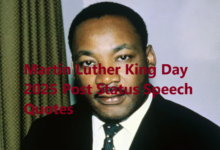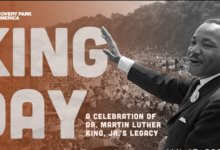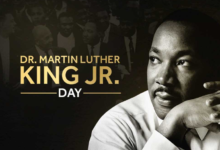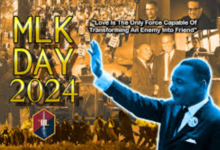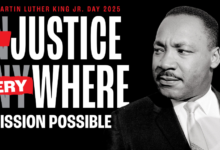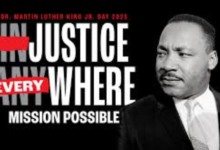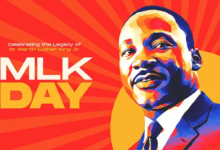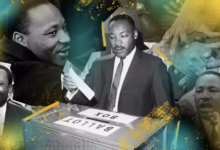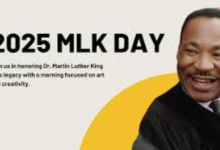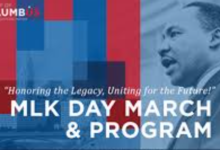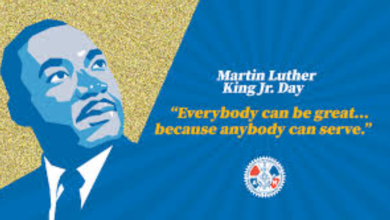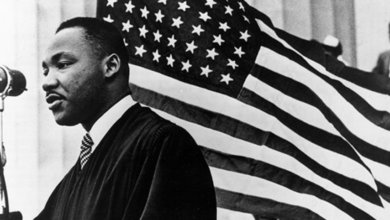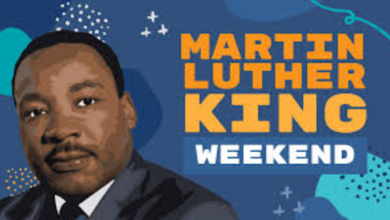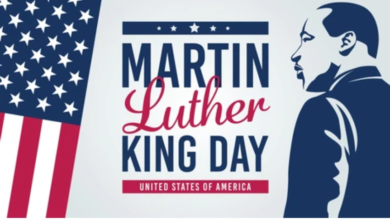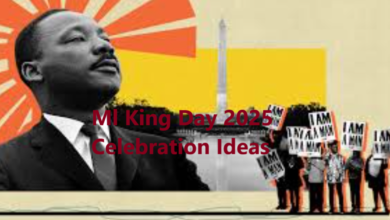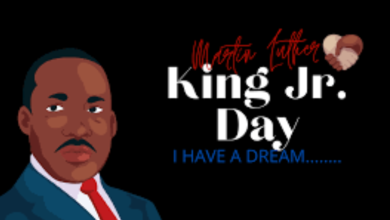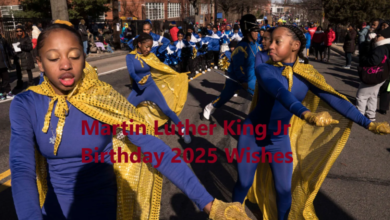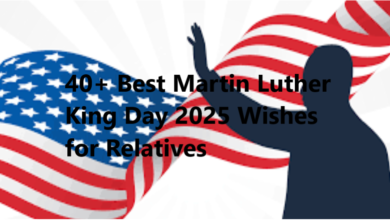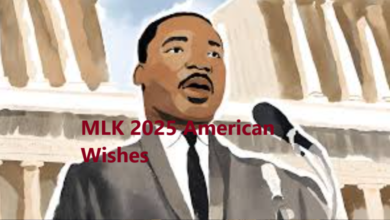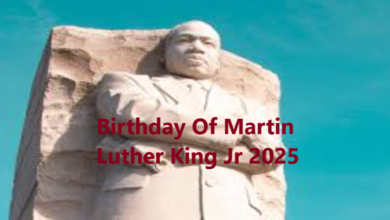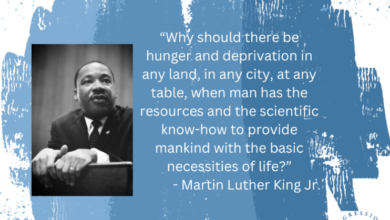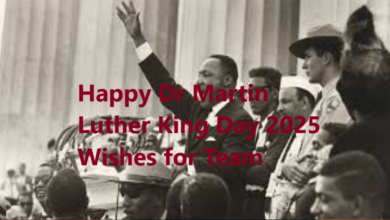Martin Luther King Day Background 2025
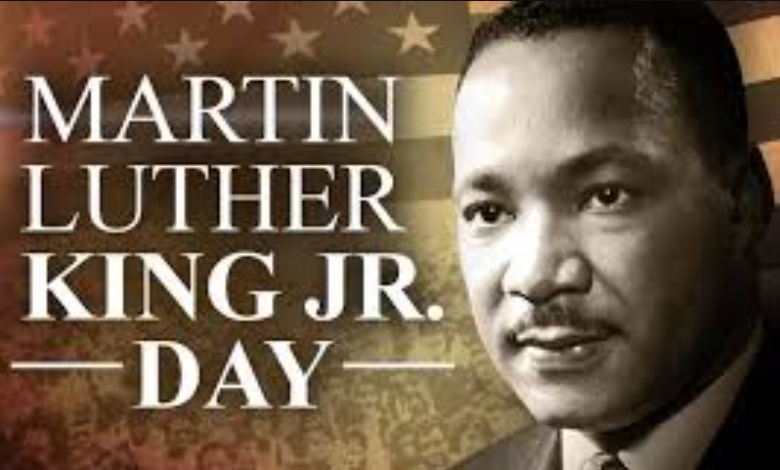
Martin Luther King Jr. Day, observed every year on the third Monday of January, is more than just a federal holiday—it’s a day of reflection, learning, and action. Falling on January 20 in 2025, this day serves as an opportunity to celebrate Dr. King’s incredible legacy while considering how we can continue to promote the values of equality, justice, and nonviolence in our lives and communities.
This blog explores the history and significance of Martin Luther King Jr. Day, the life and achievements of Dr. King, and how you can meaningfully honor the holiday in 2025.
The Origins and Significance of Martin Luther King Jr. Day
From Vision to Federal Holiday
The campaign to establish Martin Luther King Jr. Day began shortly after Dr. King’s assassination in 1968. Coretta Scott King, Dr. King’s wife and a formidable civil rights leader in her own right, played a pivotal role in championing the holiday. The first nationwide effort came in 1969 when Congressman John Conyers introduced legislation to create the holiday. However, years of advocacy, marches, and petitions were necessary to turn this vision into reality.
It wasn’t until 1983 that President Ronald Reagan signed Martin Luther King Jr. Day into law, and the first official observance took place on January 20, 1986. By the year 2000, all 50 states recognized the holiday.
This day is set aside to honor Dr. King’s unparalleled contributions to the civil rights movement and his dedication to advancing social justice. It is also a time to reflect on the ongoing struggle for equality and the work that remains unfinished.
Why January?
Dr. King was born on January 15, 1929, in Atlanta, Georgia, and the holiday typically falls close to his birthday. Observing Martin Luther King Jr. Day in January not only commemorates his life but also aligns with the momentum of the civil rights marches and acts of advocacy that often began during the colder months.
Who Was Martin Luther King Jr.?
Champion of Nonviolence and Equality
Martin Luther King Jr. was a Baptist minister and activist who became the most visible leader of the civil rights movement in the United States during the mid-20th century. Inspired by Mahatma Gandhi’s philosophy of nonviolence, Dr. King led peaceful protests to champion equal rights for African Americans and to dismantle systemic racism.
From the Montgomery Bus Boycott in 1955 to his famous “I Have a Dream” speech during the 1963 March on Washington, King’s work laid the foundation for sweeping social changes, including the Civil Rights Act of 1964 and the Voting Rights Act of 1965.
Dr. King’s Legacy
Dr. King’s influence extended beyond racial equality. He frequently addressed issues of poverty, economic inequality, and opposition to militarism. His assassination on April 4, 1968, in Memphis, Tennessee, was a tragic but galvanizing moment for activists and leaders who continued his work.
King’s legacy endures in countless ways, from educational initiatives to federal legislation, reminding us that his dream is still alive—and unfinished.
How to Honor Martin Luther King Jr. Day in 2025
1. Reflect on His Lessons
Take time to learn more about Dr. King’s life and teachings. Watching documentaries, reading his speeches like Letter from Birmingham Jail, or studying books written by or about him deepens your understanding of his principles.
Many organizations host virtual and live events, such as lectures and panel discussions, centered on King’s work and its relevance today.
2. Volunteer Your Time
Dr. King once said, “Life’s most urgent question is, ‘What are you doing for others?’” Martin Luther King Jr. Day is recognized as a National Day of Service, encouraging people to make a difference in their communities.
Consider volunteering at a local food bank, helping with neighborhood clean-up projects, or assisting organizations that support underserved communities. Platforms like VolunteerMatch can help you find opportunities near you.
3. Engage in Acts of Advocacy
Take meaningful steps toward fostering social change, whether by signing petitions, donating to civil rights organizations, or attending peaceful rallies. Advocacy can also look like educating others about social injustice or engaging in conversations that challenge prejudice.
4. Support Black-Owned Businesses
Honoring King’s legacy means promoting economic empowerment for marginalized communities. Use this day to seek out and support Black-owned businesses or donate to initiatives that uplift underrepresented entrepreneurs.
5. Teach the Next Generation
If you’re a parent or educator, use Martin Luther King Jr. Day to teach children about King’s life and values. Interactive activities like reading children’s books about Dr. King, creating art inspired by his dream, or writing reflections about justice can make his teachings accessible to all ages.
6. Join Local Events
Cities across the United States host parades, service projects, and gatherings to mark Martin Luther King Jr. Day. Participating in these events fosters a sense of community and collective action, which aligns with Dr. King’s emphasis on working together.
